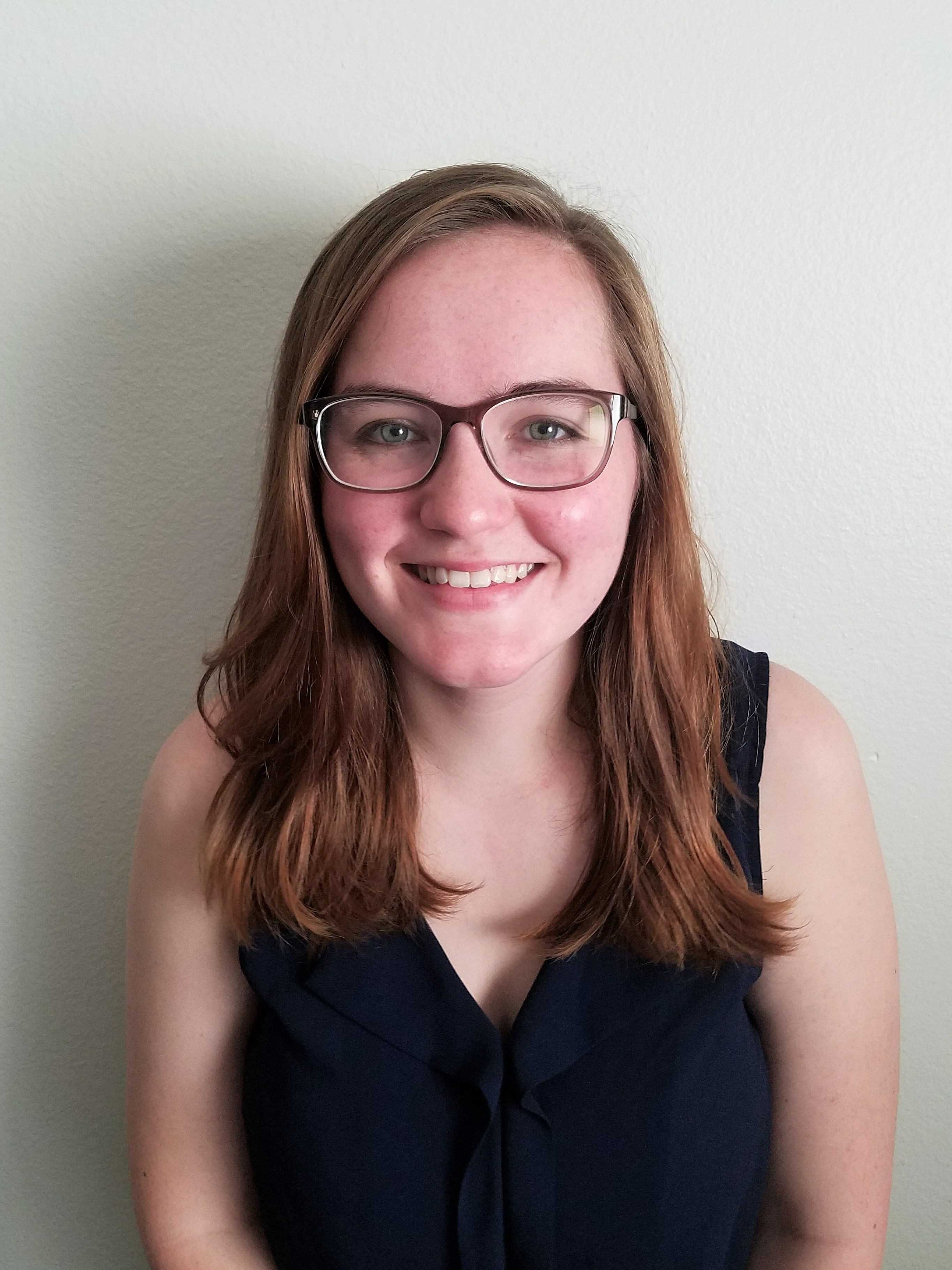It is not every day that an ex-chemistry major with plans for medical school is asked to develop an app for Union Pacific Railroad. But halfway through her college career, Kate McClintock switched tracks, changed her major to computer science and began adding coveted internships to her resume.
As a sophomore, McClintock (’18 computer science and psychology) had zero coding experience. “Recursion and iteration,” “modularity procedural” and “subtyping” might as well have been a foreign language. Yet a year later, she was designing and developing an application for managers and executives of one of the nation’s largest and most recognized rail companies.
The application, a directory to house all current tasks, simplified project management. Using AngularJS, JavaScript and HTML, she streamlined views for each project’s health and status. She worked on the project alone, an unusual opportunity as design and programming of an application are typically done by two separate teams. McClintock, however, saw the project through from start to finish.
“I was able to give my input on the design of the application I made, as well as code it. I really enjoyed that experience, and it’s quite rare in the field,” McClintock said.
After completing her internship at Union Pacific in Omaha, Neb., she was hired by Workiva in Ames, Iowa, as a software development intern. In August, she wrapped up a third internship at IBM in cloud software development in Rochester, Minn.
“Each internship has been an opportunity to find out more about what I do and do not want to work on full time,” she said. “I’ve made sure to have internships at several different companies to make sure that I could see a variety of different projects, environments and management styles.”

As an intern at IBM, she worked on cloud automation tools to ensure automation was performed correctly. To do this, she confirmed all the data that came in against IBM’s existing standards, guaranteeing that when the cloud was set up, it would not fail.
She also built another app, this time using IBM’s Watson Visual Recognition service. The app helped determine whether or not an outfit was work appropriate by using deep learning algorithms to analyze images for scenes, objects, faces and other content. Using the visual recognition classifier that McClintock trained, the user uploads an image for the application to analyze. Then, the service returns a simple classification: “appropriate” or “not appropriate.”
Learning from the best
In 2015, at the advice of a friend, McClintock signed up for “Introduction to Programming for Problem Solving,” a computer science course intended for majors.
“Each internship has been an opportunity to find out more about what I do and do not want to work on full time.”
“It’s the department’s introductory course, and it was very different from all the other classes I had taken,” she said. “With no coding experience, it was really challenging but also really rewarding. Succeeding in that class is what gave me the confidence to switch my major to [computer science].”
McClintock wasted no time, and jumped feet-first into the computer science department. She joined Digital Women, an ISU organization dedicated to encouraging, supporting and retaining women in fields involved with electrical technology, and became a mentor for the Computer Science Learning Community. She also picked up teaching assistant positions in two different computer science classes, including the introduction to programming class, the class that changed everything.
“As an undergraduate teaching assistant, Kate has been my go-to person for several semesters now,” Steve Kautz, a senior lecturer in computer science and one of McClintock’s favorite instructors, said. “She has a way of quietly anticipating what needs to be done, showing up at my door to remind me about the X, Y and Z that need to happen, and then offering to take care of X and Y for me.”
Her love for the subject and its possibilities boils down to the support she received from the people in her department.
“I’ve had several really great professors who care a lot about the students and make sure that they understand the material. That experience is why I became a TA – in hopes of making class as rewarding for others as it was for me,” she said. McClintock may not be on her way to medical school any more, but with the support of the Department of Computer Science, she is right on track.
